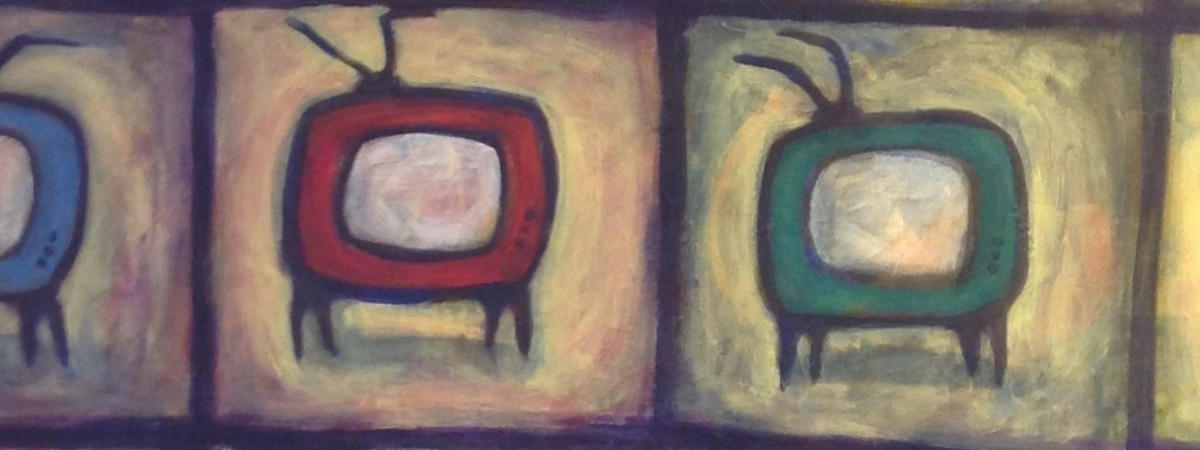In the early months of 2022, the UK SC ruled that “an individual being investigated for a crime generally has “a reasonable expectation of privacy” before being charged.” Since this decision, many have criticised the court for going “against the principle of open justice”. Furthermore, it is argued, this decision will have a chilling effect on legitimate public interest journalism. Media lawyers have also subsequently stated that the SC ruling “follows a growing legal trend to favour individual privacy” compared to freedom of speech and freedom of the press.
However, in the case, the senior judges pointed out that potential reputational harm from publication could be “profound and irremediable”. All human rights are inalienable and indivisible, however, in practise, rights that come into conflict are balanced against each other in order to find a just outcome. So where should this balance lie?
The overriding principle which underpins the adversarial system in most countries is the presumption of innocence. A citizen should not be given the dishonour of being named a criminal unless the State has proved beyond all reasonable doubt that they are guilty of the crime for which they stand accused. When reporting on individuals accused, the use of their name, photo and area in which they live could stand to infringe upon their right to the presumption of innocence, tainting their name in the community for a crime that they have not been found guilty.
The media along with journalists have the task of being the public’s ‘watch dog’, providing the public with the means to fulfil their right to information. Holding institutions and individuals accountable is what they do. It is argued that the move towards more individual privacy stifles public interest journalism. But, can the same aim be achieved through less intrusive means? Could the removal of any identifying features be sufficient to protect both sides? Without disclosing an accused’s name, the media could otherwise report comprehensively on the matter, and if convicted, then publish the name as well. Is there really a need to publish the name and/or identifying features of the individual?
In March 2018, Paddy Jackson and Stuart Olding, both Ireland and Ulster rugby players, were unanimously acquitted of rape and other sexual offences along with two others in what became known as the “rugby rape trial”. This incident, as it happened before the recent UK SC ruling was widely publicised in the UK and Northern Ireland with the names of the four accused. Were this to have happened in the Republic of Ireland, their names would not have been disclosed given the nature of the case. During the proceedings, the defendants faced another trial, a ‘trial by media’. As a result, they were largely considered to be guilty, regardless of their acquittal. The trial left Jackson “without employment and without offer of employment” being dismissed from both the Irish and Ulster rugby squads. Is this right?
An essential element to many justice systems across the world is the right to the presumption of innocence and the right to a fair trial. In the case of Paddy Jackson and Stuart Olding, this was significantly compromised by their ‘trial by media’.
When should the public interest in journalism acquiesce? Could it have been possible to report on the “rugby rape trial” without giving the defendant’s names’? Journalists can ensure that due process is being observed and justice is being served without reporting on the names of individuals accused. Reporting with names and/or photographs infringes the right to privacy and the presumption of innocence of the individuals accused without providing much further substance to the report.
Is it sufficiently in the public’s interest to know all the names and faces of those facing criminal trial? Instances may arise where it is objectively in the public’s interest to have the names printed. However, this could be dealt with through the media applying to court to get permission to post identifying features. Then, the courts can perform a balancing act and decide whether it is sufficiently in the public interest to infringe on the accused’s rights.
The presumption of innocence ensures, in so far as possible, individuals cannot be wrongly convicted for crimes they did not commit. However, the presumption of innocence should also extend outside the courtroom, especially where the media is involved. Should a person, acquitted of all charges, not be able to find work or live a normal life because of the fact that they were on trial? This is not a world I want to live in.












 Communications Law
Communications Law